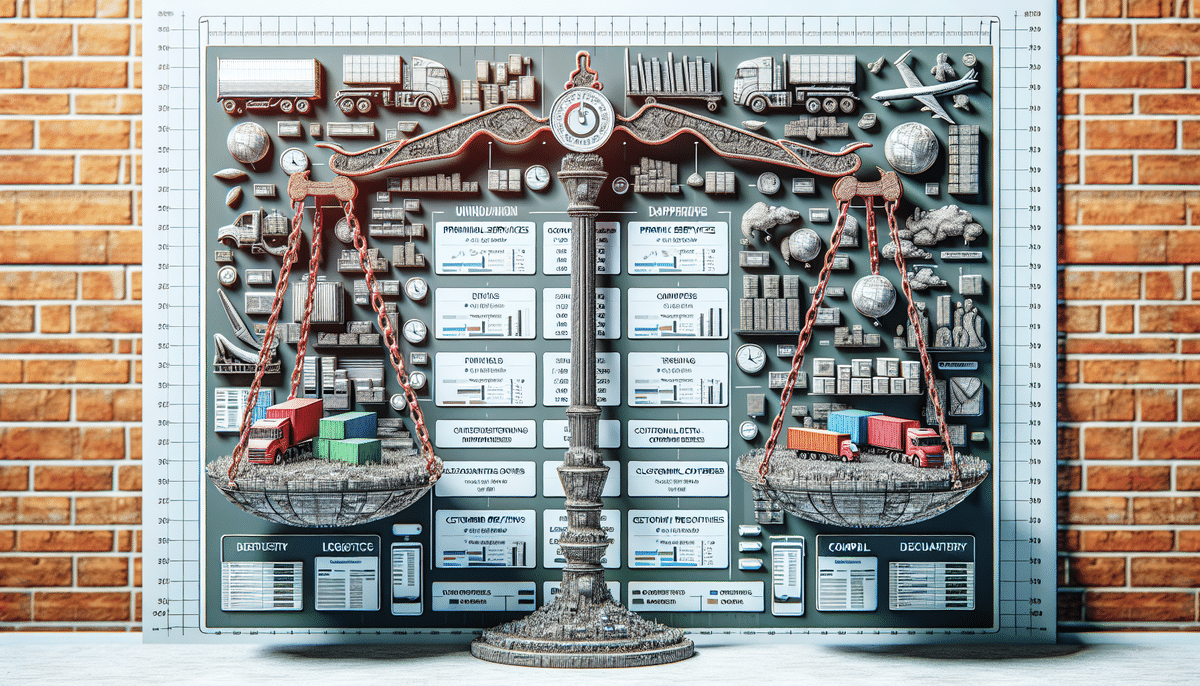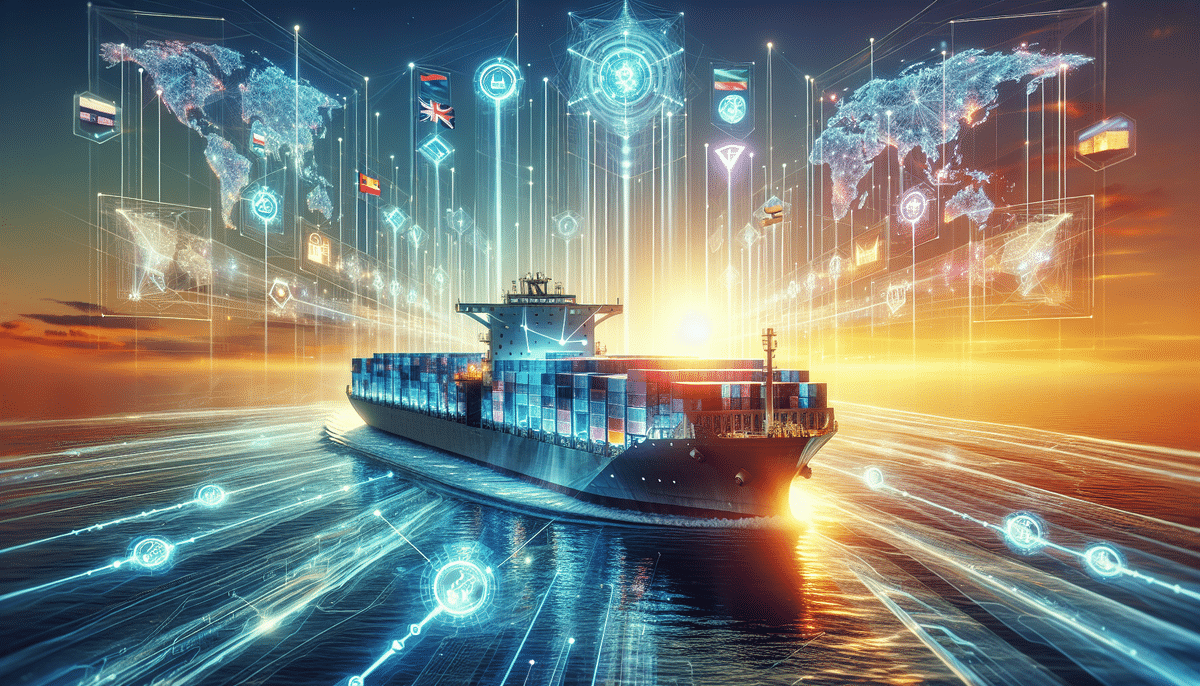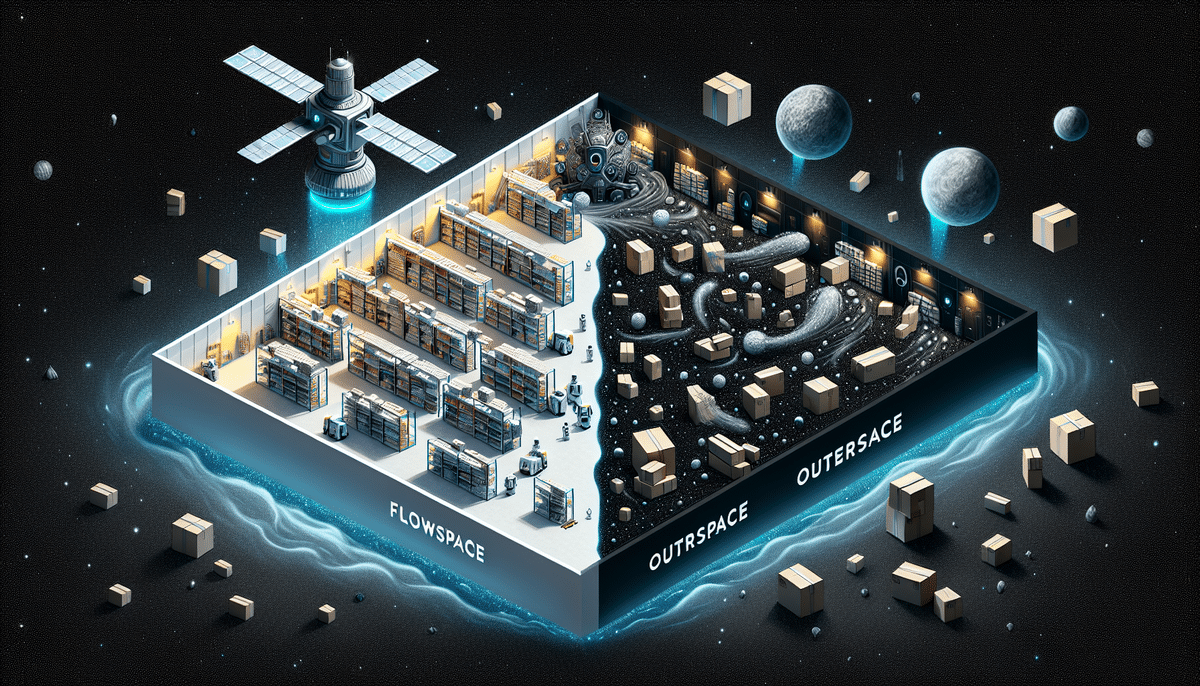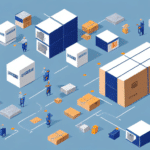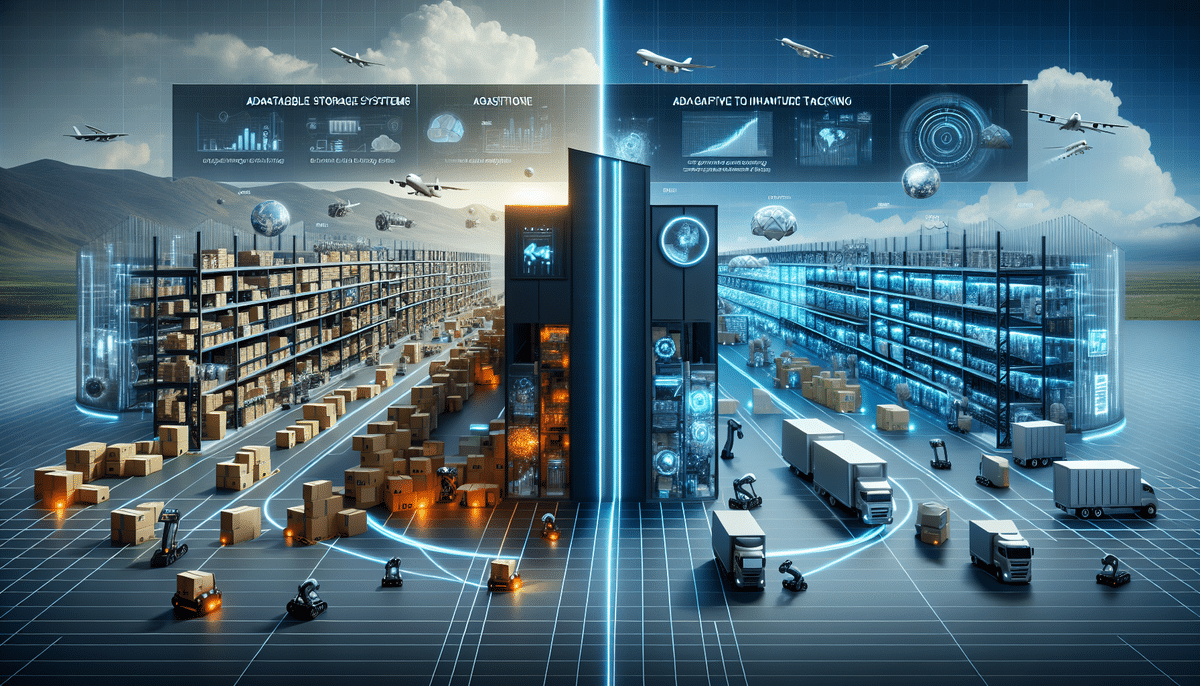Outerspace vs Flowspace: Understanding the Key Concepts
In today’s rapidly evolving world, the concepts of outerspace and flowspace have become increasingly significant. Although they differ vastly, both play crucial roles in shaping our lives and the global landscape. This article delves into the definitions of outerspace and flowspace, highlights their critical differences, explores their current impacts, and examines their potential future implications.
Understanding Outerspace
Outerspace refers to the vast expanse beyond Earth, extending into the universe. Often termed the final frontier, outerspace is home to galaxies, stars, planets, and other celestial bodies, all believed to have originated from the Big Bang approximately 13.8 billion years ago.
Advancements in technology have significantly enhanced our ability to explore outerspace. Missions such as NASA’s Kepler mission have discovered numerous exoplanets, while initiatives like the SpaceX program aim to make space travel more accessible. Despite these efforts, much of outerspace remains unexplored, holding countless mysteries yet to be uncovered.
Understanding Flowspace
Flowspace represents the interconnected virtual and physical environments fostered by technological advancements and globalization. It encompasses the seamless movement of goods, people, and information across global borders, driven by innovations in areas such as e-commerce, digital communication, and logistics.
The rise of platforms like Amazon and FedEx exemplifies how flowspace facilitates global trade and connectivity. However, this interconnectedness also brings challenges, including regulatory compliance, cybersecurity threats, and concerns over data privacy.
Key Differences Between Outerspace and Flowspace
Despite sharing the term “space,” outerspace and flowspace are fundamentally different:
- Nature: Outerspace is a physical realm beyond Earth, while flowspace encompasses both virtual and physical networks on Earth.
- Exploration: Outerspace is largely uncharted and mysterious, whereas flowspace is actively utilized and optimized by businesses and consumers globally.
- Study Disciplines: Outerspace is studied through astronomy and astrophysics, using telescopes and spacecraft. Flowspace is analyzed through logistics, transportation, and supply chain management, leveraging data analytics and technology.
Illustrative Comparison
- Outerspace: Explored through missions to Mars or the International Space Station.
- Flowspace: Enabled by global shipping networks and digital marketplaces.
The Impact of Outerspace and Flowspace on Society
Outerspace's Influence
Outerspace exploration inspires innovation and drives technological advancements. Programs like the NASA Space Force collaboration enhance our understanding of space weather, which can affect satellite operations and communication systems on Earth.
Moreover, the potential discovery of extraterrestrial life could revolutionize our understanding of biology and our place in the universe.
Flowspace's Influence
Flowspace has transformed global commerce, enabling businesses to reach international markets effortlessly. The integration of cloud computing, Internet of Things (IoT), and blockchain technology has optimized supply chains, enhanced real-time data sharing, and improved operational efficiencies.
However, the digital divide and environmental concerns, such as increased e-waste, are challenges that need to be addressed to ensure sustainable growth within flowspace.
The Role of Technology in Shaping Outerspace and Flowspace
Technological innovation is a cornerstone for both outerspace exploration and the development of flowspace. In outerspace, technologies like reusable rockets, advanced propulsion systems, and autonomous rovers enable more efficient and cost-effective missions.
In flowspace, advancements in artificial intelligence, big data analytics, and automation streamline logistics and enhance global connectivity. Technologies such as cloud computing and blockchain ensure secure and efficient transactions, facilitating the seamless flow of goods and information.
Future Perspectives: Outerspace and Flowspace Coexisting
Rather than one concept overshadowing the other, it is likely that outerspace and flowspace will coexist, each driving progress in different domains. Continued investment in outerspace could lead to breakthroughs in science and technology, while advancements in flowspace can promote economic growth and global integration.
Collaborative efforts between nations and private enterprises will be essential in navigating the future landscape where both outerspace exploration and flowspace development play pivotal roles.
Ethical Considerations in Outerspace and Flowspace
Both outerspace and flowspace present significant ethical dilemmas. In flowspace, issues such as data privacy, cybersecurity, and the environmental impact of increased digital infrastructure require careful consideration and proactive regulation.
Outerspace exploration raises questions about the militarization of space, the ethical treatment of potential extraterrestrial life forms, and the responsible use of space resources. Establishing international treaties and ethical guidelines is crucial to address these concerns and ensure that advancements in both domains benefit humanity as a whole.
Conclusion: Navigating the Future of Outerspace and Flowspace
Maximizing the benefits of both outerspace and flowspace demands a balanced approach that embraces technological innovation while addressing ethical and environmental challenges. By staying informed, fostering international collaboration, and prioritizing sustainable practices, we can harness the potential of both realms to drive human progress and create a better future for all.















